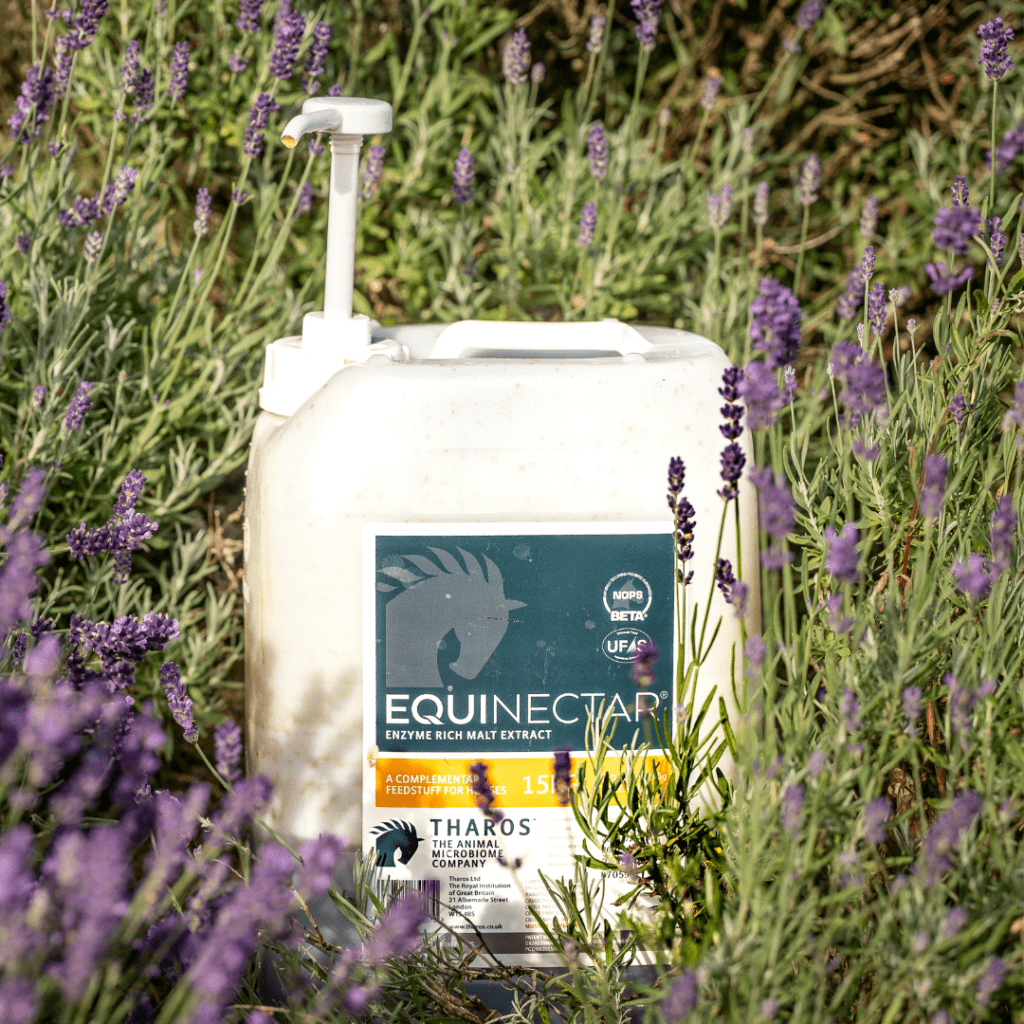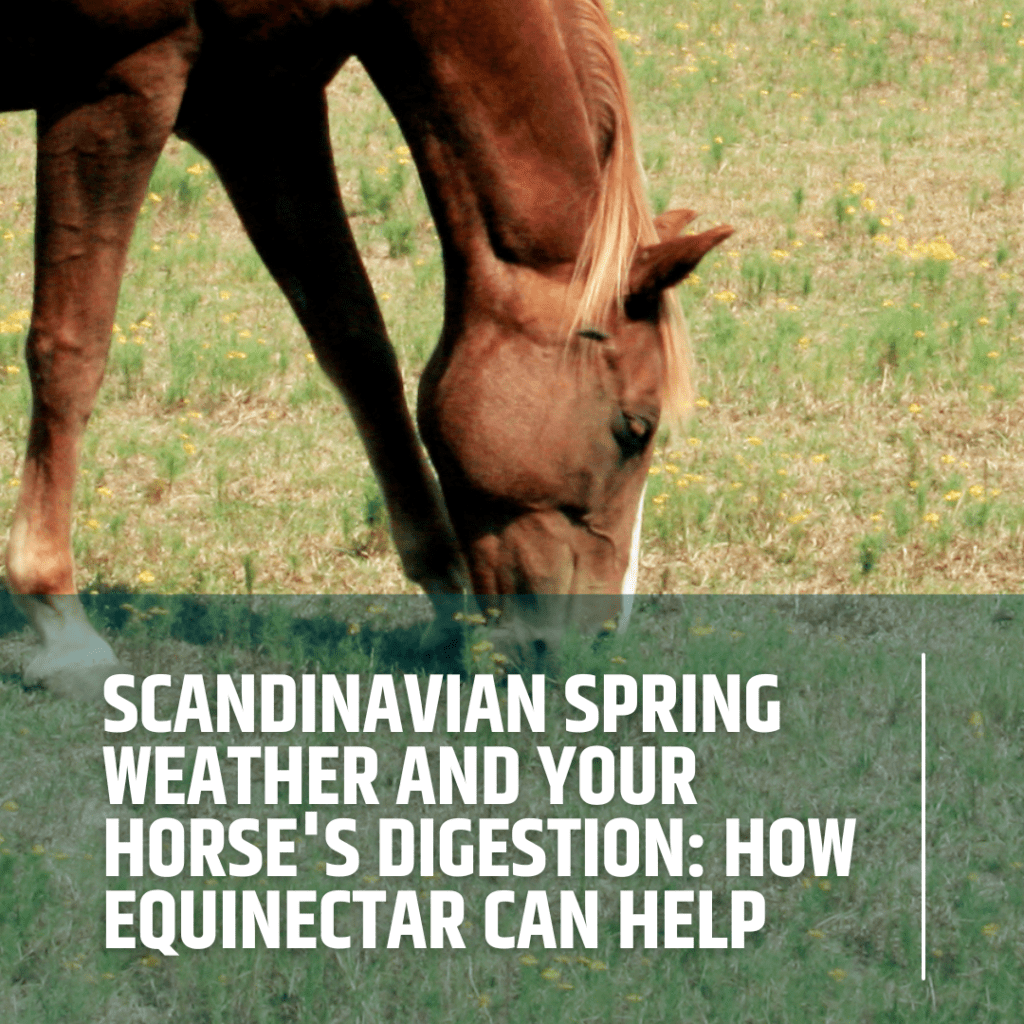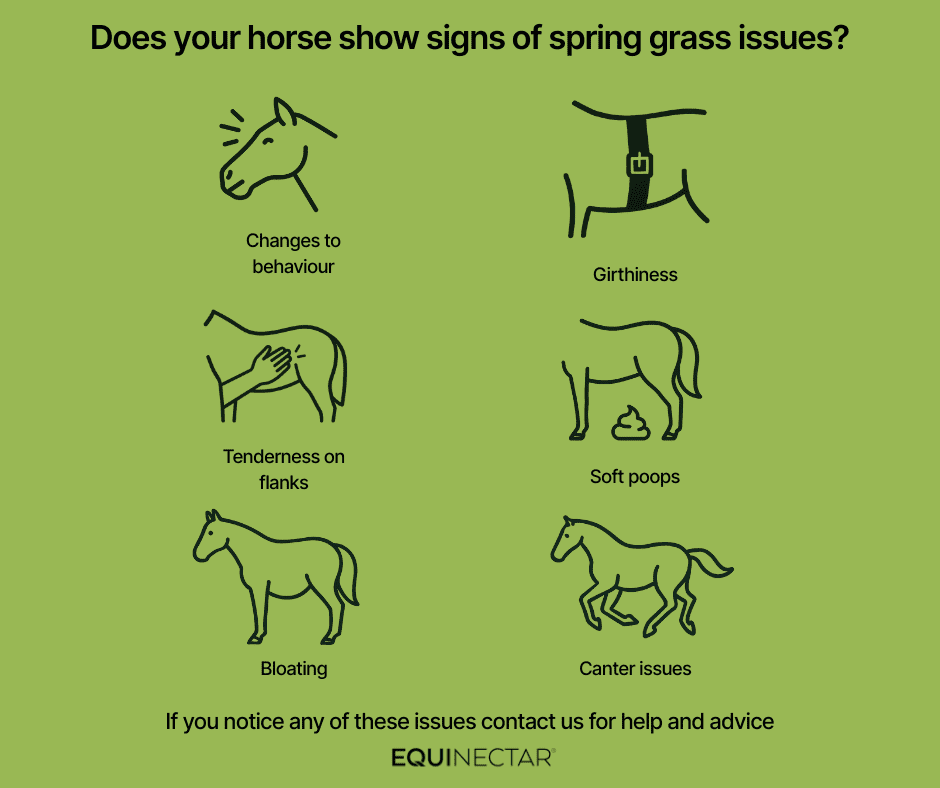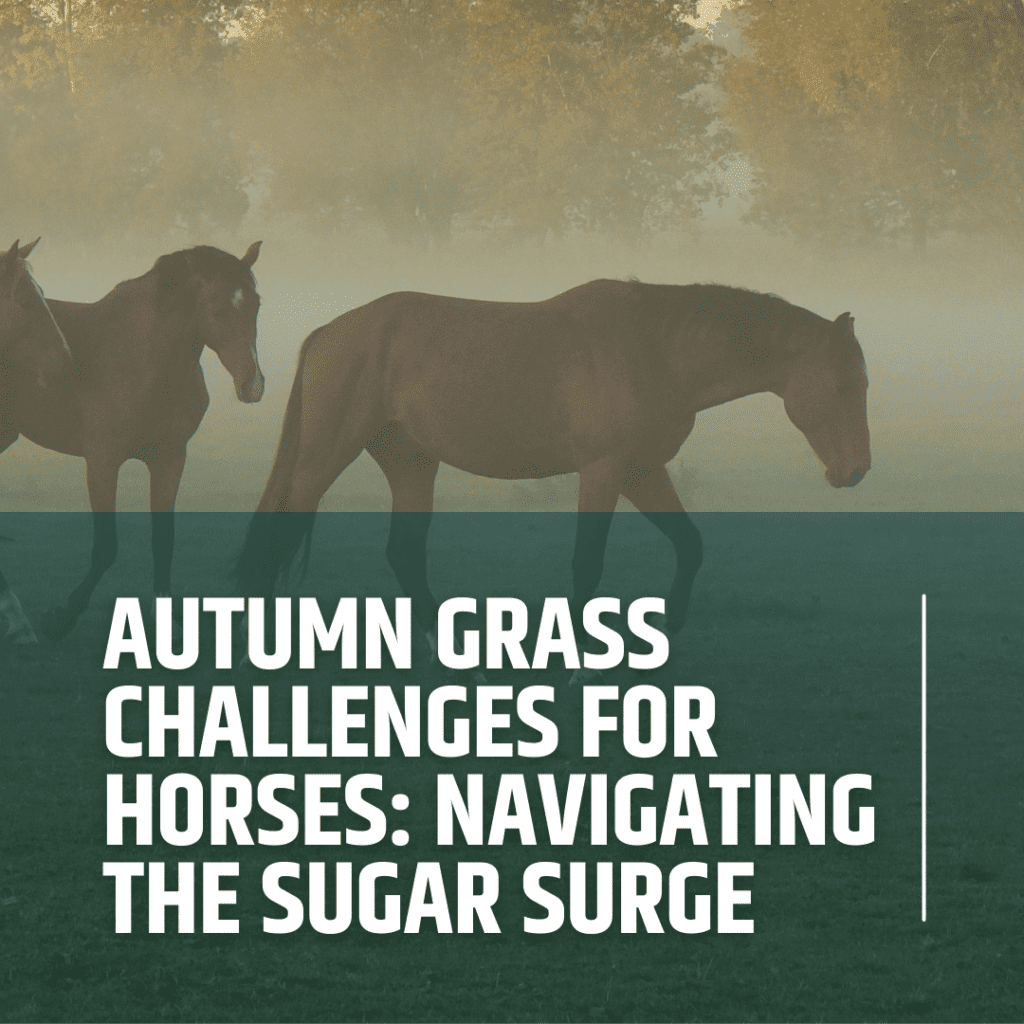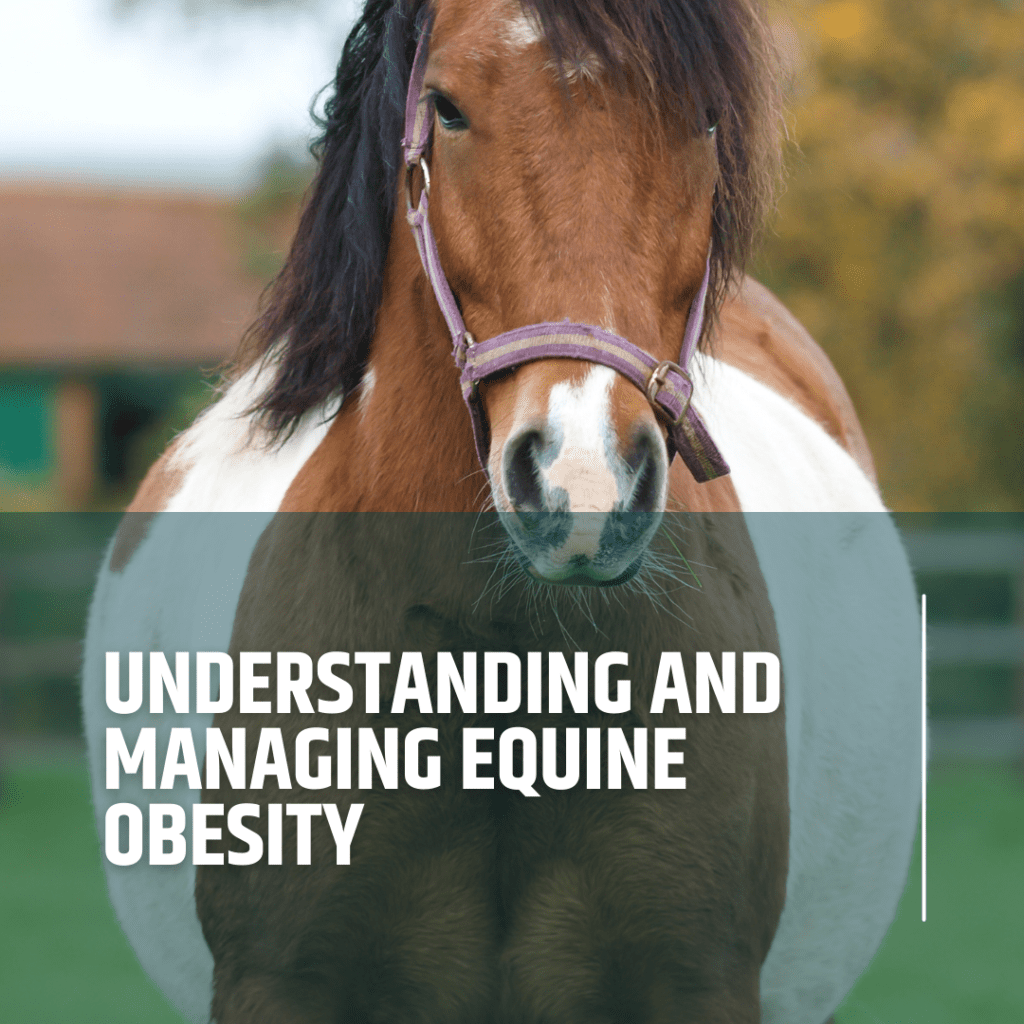Summer Rain & Your Horse’s Gut: What Owners Should Know
Rain after drought creates sugar-rich grass that can overwhelm your horse’s hindgut within 24 hours, causing pH drops, beneficial bacteria collapse, and heightened laminitis risk for horse owners.
Summer Rain & Your Horse’s Gut: What Owners Should Know Read More »


